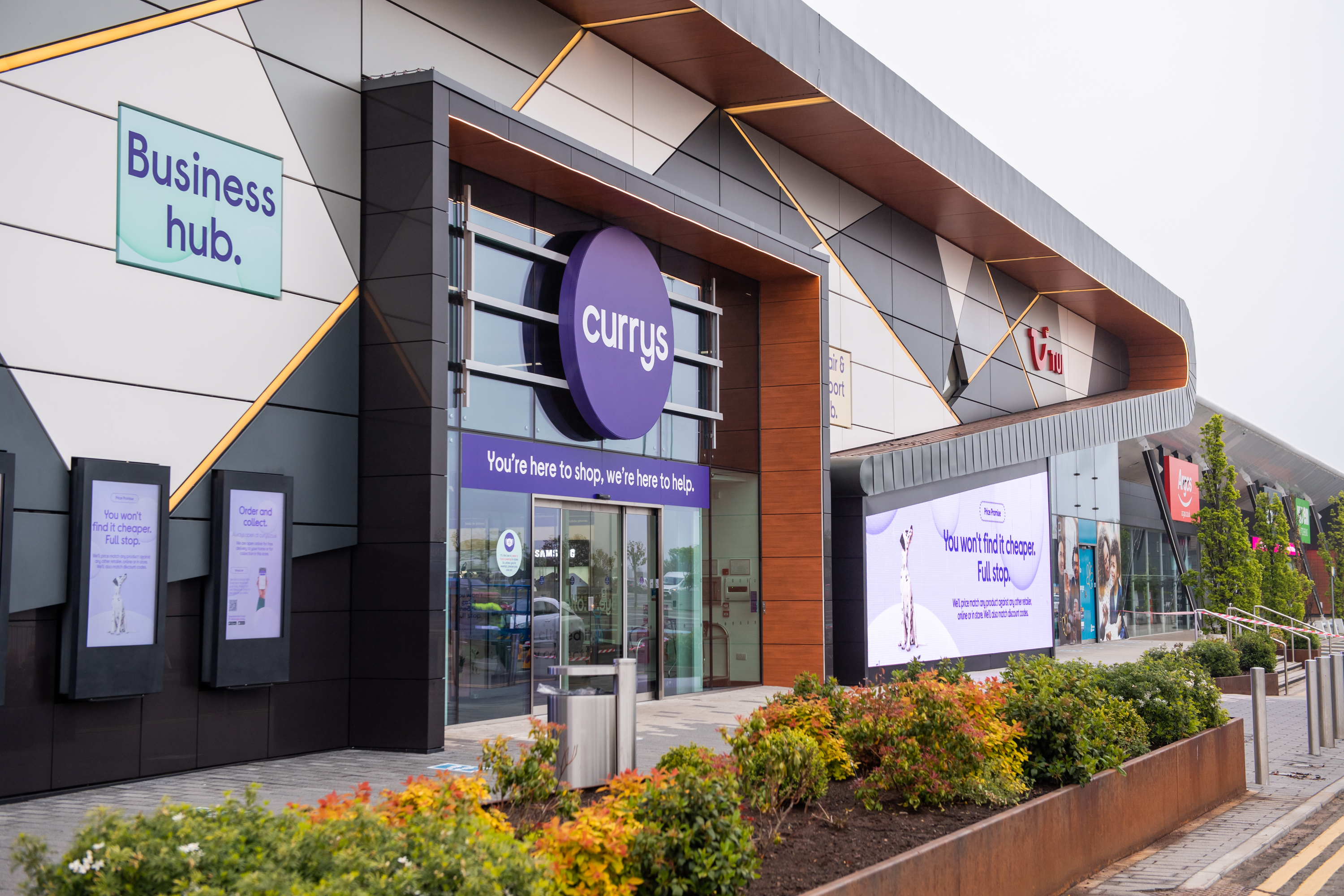EDEKA Jaeger, part of the German supermarket group EDEKA, has opened a third store with self-checkouts and AI-powered age authentication services in Stuttgart Plieningen, Germany.
The AI technology, developed by Diebold Nixdorf, allows shoppers to purchase age-restricted goods such as alcohol without requiring approval from store employees.
When an age-restricted item is scanned, the customer is asked to consent to the process and their characteristics are analysed using cameras and AI algorithms to verify their age.
, highlighted in a post on Linkedin the company's efforts to further improve the customer shopping experience as it continues its expansion.
“Intuitive self-checkout solutions make the operating process even faster and more convenient for customers, especially for age-restricted products,” wrote Alexander Klein, account manager at Diebold Nixdorf, on LinkedIn. “Come by and experience the future of shopping first-hand! We are delighted to be able to accompany EDEKA Jäger on its journey and wish it every success with the new stores!”
In May, EDEKA Jaeger announced the roll out an AI-based age verification at self-checkout at its store in Stuttgart Airport.
At the time, the supermarket confirmed the system complied with GDPR guidelines as the process does not involve facial recognition or storing images. It added that in the first week of use, over 80 per cent of age-restricted goods were automatically approved.
Several UK supermarkets are introducing AI age authentication features. Tesco, Asda, Morrisons, and Co-op have been trialling AI-powered software to automatically verify ages for alcohol sales.
The technology uses facial scanning to confirm customers' ages, with the goal of speeding up the purchasing process while maintaining privacy.
In January, the UK government addressed AI age authentication in supermarkets, with policing minister Chris Philp announcing a consultation on new laws to allow supermarkets to use AI technology for age verification, replacing ID documents for purchase approval.
Latest News
-
Modella plans restructuring of TG Jones estate
-
Pepco Group launches app in Poland
-
Topshop holds ‘world’s first’ AI-driven shoppable fashion show
-
Locker firm warns failed deliveries are draining UK shoppers’ time and wellbeing
-
Ocado to cut 1,000 jobs in £150m overhaul
-
Asda to rebrand 10 Asda Living stores into George
Beyond Channels: Redefining retail with Unified Commerce
This Retail Systems fireside chat with Nikki Baird, Vice President, Strategy & Product at Aptos will explore how unified commerce strategies enable retailers to tear down these barriers and unlock new levels of operational agility and customer satisfaction.
The future of self-checkout: Building a system that works for consumers and retailers
In this webinar, industry leaders discussed what the future of self-checkout looks like and how retailers can make the technology work for everyone.
© 2024 Perspective Publishing Privacy & Cookies



.png)
.jpg)







Recent Stories